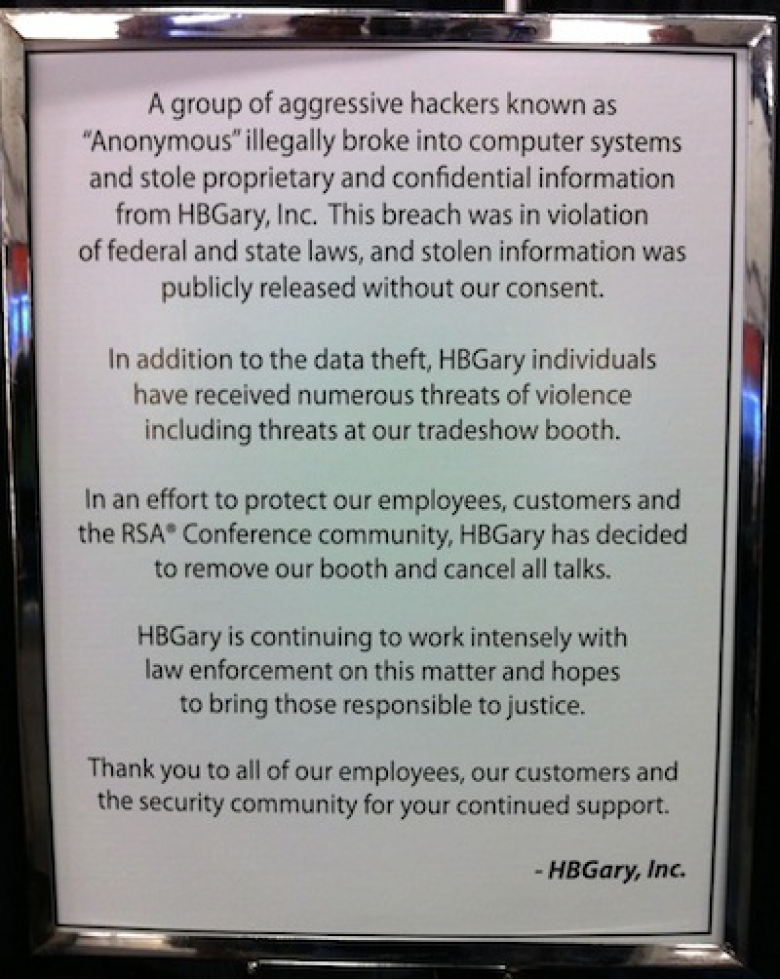Worry About the Hackers You Don't See
No one who has seen it forgets the "Twilight Zone" episode about a town in Ohio that lives in terror of a 6-year-old born with godlike powers. One man who opposes the boy finds himself turned into a jack-in-a-box for thinking "bad thoughts." If the "hacktivist" collective known as Anonymous has something in common with a willful, dangerous child, then Aaron Barr is the adult who got in trouble for thinking bad thoughts.
Mr. Barr, a security expert, became convinced he could piece together the top hackers' real identities by correlating data from social network feeds, chat server records and other online evidence. His obsession made him unpopular with colleagues, for good reason. When Mr. Barr bragged to the Financial Times in February 2011 that he was ready to name names, the hacker hive rose up. Their attacks nearly ruined his employer, the data security firm HBGary, which turned out to be riddled with data vulnerabilities itself.
But Mr. Barr, who left his job, was onto something. The FBI tracked down the arch hacker Sabu last year and turned him into an informant using means very much like those Mr. Barr championed. On a single occasion, Sabu, leader of the Anonymous subgroup known as LulzSec, had logged into a hacker site without disguising his Internet address. This information led to a car enthusiast site unrelated to hacking, where Sabu had bandied words with fellow Toyota fans. That led the FBI to the Lower East Side Manhattan housing project where Sabu lived. More worrisome if you're a hacker, the FBI was just a step ahead of a rival hacker group, which—disapproving of Sabu's activities—had unmasked his real name and briefly posted it online.










































































